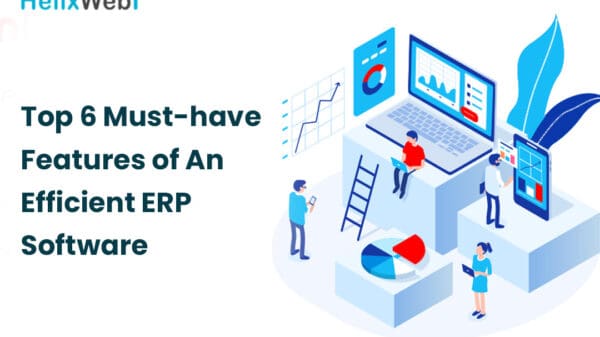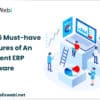As businesses and societies around the world turn to computers to complete daily tasks and to manage operations, it is more important than ever to have a tool that helps to coordinate those automated actions. Today, many businesses have turned to ERP (enterprise resource planning) software. This solution is generally a group of integrated applications that businesses use to gather, store, and interpret data from their daily and extended activities. These include:
- product planning
- the tracking of deliveries
- inventory management
- corporate performance
- customer services
- distribution
- accounting and financial operations
This software offers a simple solution to the managing the many different procedures that keep your business up and running, and more than this, these large software platforms improves quality within those separate areas of your business. This includes areas such as human resources, accounting, and manufacturing. When used correctly, the software can positively influence your rate of production and help you to keep costs within acceptable limits.
Information Management and Analysis
One of the most obvious applications of ERP software is the management and analysis of information. Business owners and management personnel can quickly draw up reports from the separate areas of their business in order to assess their existing structure. This information can then be used to guide decisions and to make projections for the future of the company. In fact, ERP software is one of the most powerful options available to businesses today when it comes to gathering, sorting, and analyzing the data related to the business’ financial state.
Management of Personnel
From the human resources and management standpoint, there are a number of advantages: the ability to make informed decisions regarding personnel, easy and consistent communication with investors and clients, and simplified integral strategic planning methods.
Current ERP Trends
To keep pace with the ever-changing and rapid state of business development these days, the ERP field has adapted. To this end, a few specific trends have emerged:
- Mobile ERP: Company leaders want to have access to business information no matter where they are. The move toward mobile ERP is a natural response to this desire for constant availability.
- Cloud ERP: The initial wariness about putting information into the cloud has worn away and businesses are discovering the many advantages to using this platform.
- Social ERP: As businesses have recognized the importance of establishing a presence on social media, many ERP software systems have begun to offer a social media component.
- Two-tiered ERP: This divides the work handled by the software into two distinct systems: corporate and subsidiary. Large corporations and those spread over multiple geographic locations might use this version of the software.
How Can This Software Help Your Business?
Businesses of all sizes are finding that their investment in ERP software pays off. Once implemented, the software affects that way that business is done. As those changes begin to affect the business itself, many benefits are realized, so that in time that initial cost becomes a truly worthy investment. For businesses concerned with keeping pace in a competitive environment, the solutions provided by this software are essential. Anticipating what clients want, administrating daily aspects of business, and maintaining a successful, fluid organization are all aspects of success that can be realized and simplified with the right ERP software. Visit TGILTD.com for a variety of information on different ERP platforms.
Dan Steiner is a freelance writer, self proclaimed nerd, and visionary entrepreneur. He covers a wide variety of topics, but loves to write about technology and online marketing.






















































































































































































